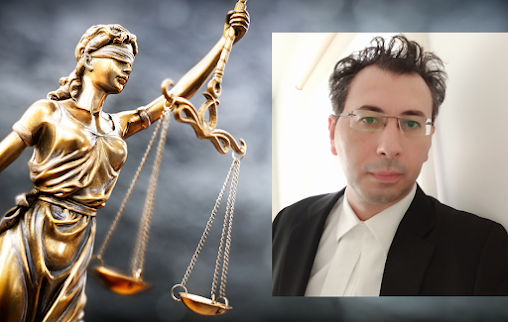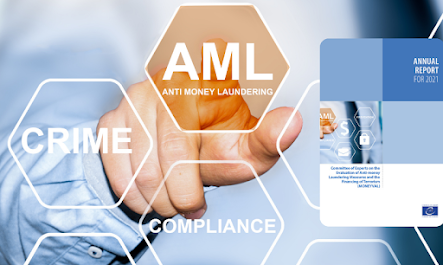Millions of Russians no longer protected by the European Convention on Human Rights, says CoE's Secretary General

Following Russia’s exclusion from the Council of Europe on 16 March 2022, as a result of its aggression against Ukraine, the Russian Federation will cease to be a High Contracting Party to the European Convention on Human Rights on 16 September 2022. “Russia’s aggression against Ukraine continues to bring pain and suffering to millions of people in Ukraine and all over Europe. We once again urge the Russian leadership to immediately stop the war in Ukraine and to put an end to the ongoing repression of its own people,” said the Secretary General of the 46-state Council of Europe Marija Pejčinović Burić. “It is truly regrettable that, with its departure from the European Convention on Human Rights, Russia will further isolate itself from the democratic world and deprive more than 140 million Russian citizens of the protection offered by the Convention. “The Council of Europe will continue to support and engage with human rights defenders, democratic forces, free media and indepe









